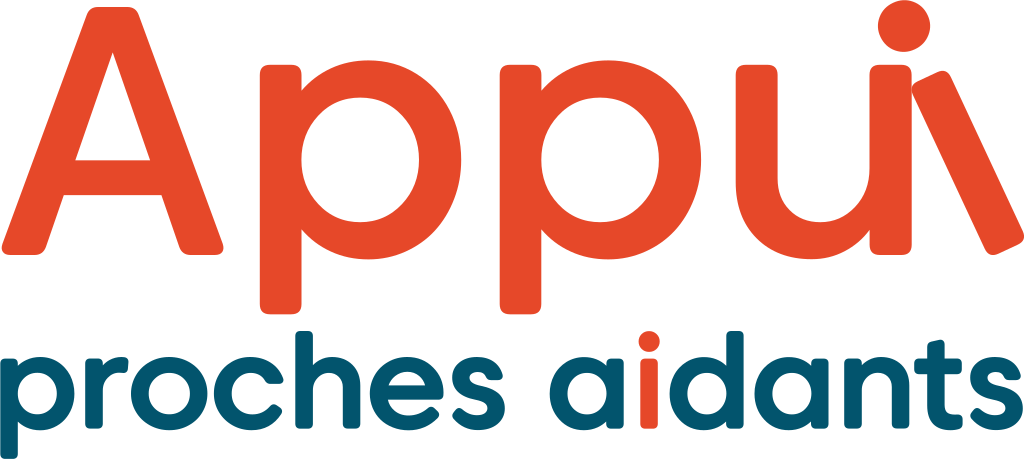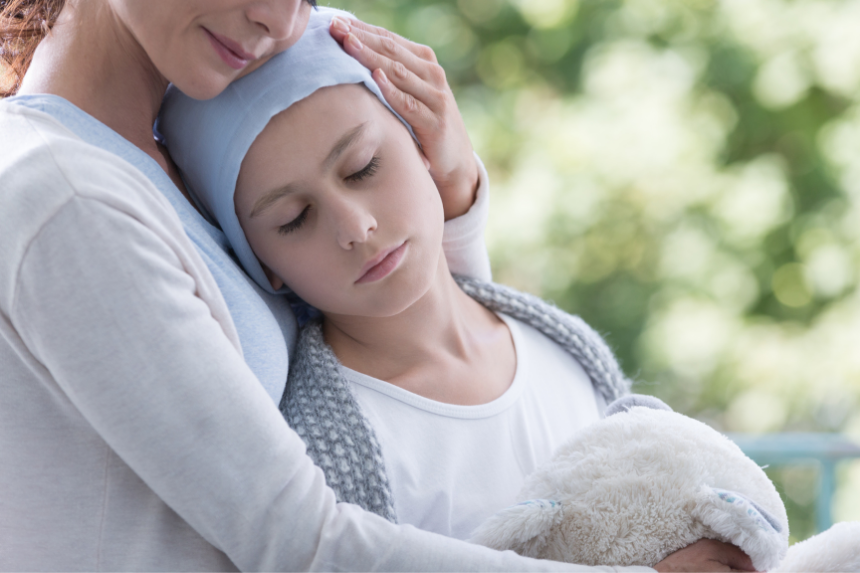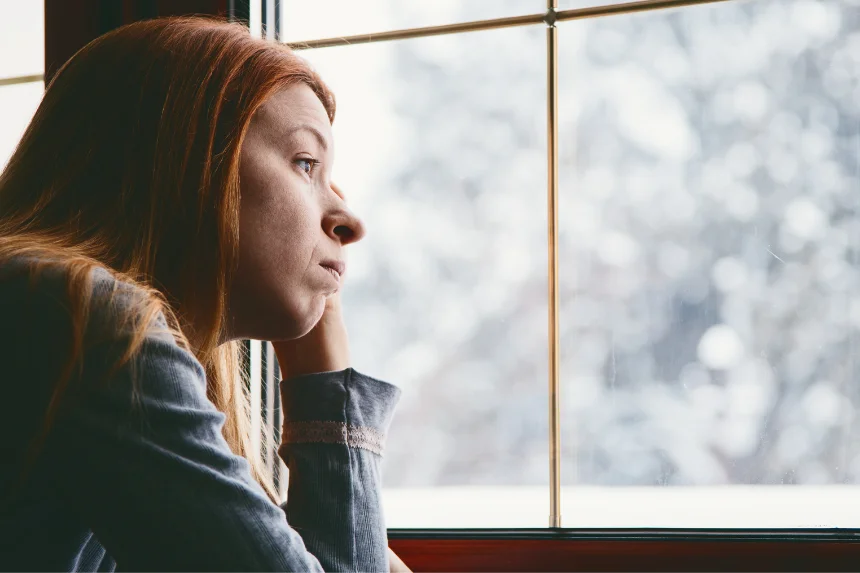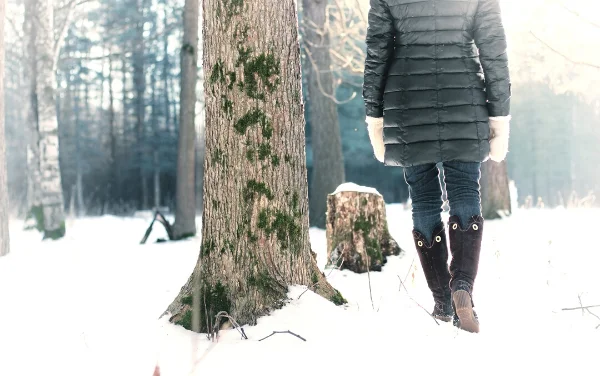Pascal: Ah, that’s a challenge! The healthcare system is a very big wheel, in which there are many other little cogs. It’s not easy to tie all the services together at the same time. We are fortunate to have access to many in-house resources, but sometimes we have to call on outside resources. I’m thinking, for example, of families who live in the regions, for whom accommodation and transportation will be needed. Everything can be done, but it’s often very tedious to open up these communication channels with other resources.
Andrea: Let’s not forget that at CHU Sainte-Justine, we welcome families from all over Quebec. Sometimes we connect families with this or that resource, but sometimes we encourage them to look for resources themselves. I might call social work colleagues in Abitibi, for example, to discuss possible resources and collaborations. But we often lack the time to make the connection with community resources. So yes, it remains a challenge.








